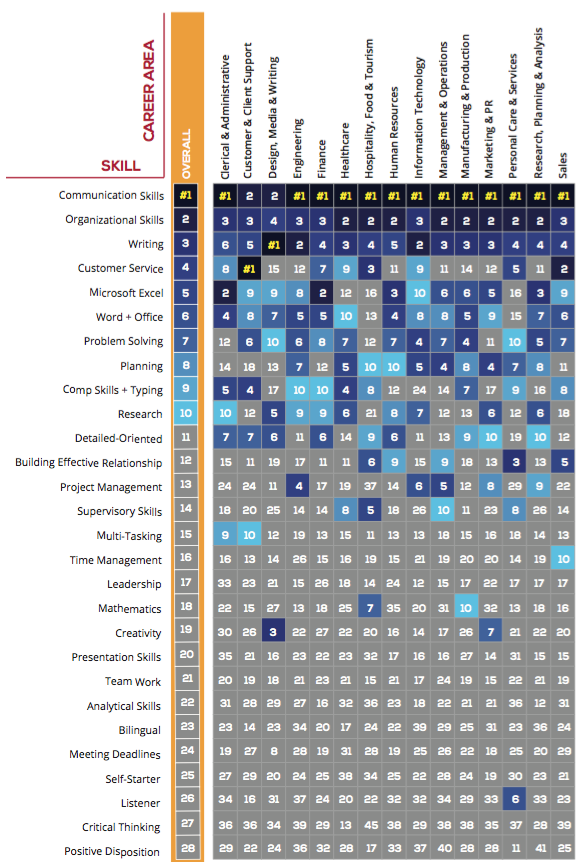
According to U.S. Department of Labor Bureau of Labor Statistics, the average person holds 11.7 different jobs by age forty-eight. Jeannette Grismer proves in her interview that she is successful while having held three jobs. The following interview follows Jeannette Grismer on her career journey. Jeannette was previously a mortgage originator, branch manager, and a real estate broker in southern California. Jeanette’s dedication to her long term career path has won her multiple awards. In this interview, Jeanette describes skills young professionals need, gives advice to young professionals, and shares her history with the company she works for. The interview provides information for those who consider real estate or business as a potential career path.
INTERVIEW
What is your professional history?
“Wells Fargo Home Mortgage
Mortgage Originator and Branch Manager during 1998-2011. Awards – National Top 10 Originator, National #1 Originator, National Top 10 Branch Manager, Sr. Products, National #1 Branch Manager Sr. Products Group. Real Estate Broker 2011 to present.”
What writing advice do you have for professional communicators?
Keep it short, get to the point, and repeat the points at the end of your communication.
Avoid dumping a large amount of statistical data on your audience since it’s difficult to remember. If possible, point out the trends the data is portraying and reason it should be of concern to the audience. A certain amount of humor is useful but too much can override the points you want remembered.”
What kind of business reports do you read and/or compose regularly?
“I read reports reflecting past year, past quarter, past month statistics and trending on both my company and my industry.”
What are your writing suggestions to make those types of reports successful?
“Grouping is always important to me, it organizes information so that I can make decisions. Sorting data via Excel is extremely useful. If a speaker is presenting, it’s helpful to have them “sort” verbally. The same data from an Excel spreadsheet can be verbally expressed by a speaker who also “sorts” for the audience.”
What speaking advice do you have for professional communicators? “I enjoy a bit of humor and when the presenter moves around on the stage. Graphs and charts are good but I like the speaker to bring them to life for me AND use a laser pointer if necessary. Reading a chart while listening to a speaker can be difficult because I like to read the chart myself, THEN listen to the speaker. I think this is normal, and speakers should be aware that they might be ignored for the first several seconds of a new chart or slide appearing.”
Name one thing you wish you had known about business communication prior to your professional career? “I wish I’d had more in-depth training on software commonly used in business meetings. Excel, PowerPoint, etc. were important but likely being superseded by other programs now. Virtual offices, virtual conferencing, all the tech involved would have been nice to understand ahead of time.”
After assessing the Burning Glass list of Baseline Skills (2016), which skills not in the top 5 would you move into the top 5…and why?
“Time management. This seems to be a challenge in every business and every office. Departments arrange a system only to change it a few months later once everyone has gotten used to the former policy and many individuals never buy in to the policy in the first place. Since the point of Time Management is increased productivity, if an individual can master Time Management on their own, then a departmental policy wouldn’t be as necessary. The electronic distractions (internet and email) have only added to the normal distractions of phone calls and co-workers and even disciplined workers struggle to stay on task.”

9. What team skills do you feel young professionals need the most?
“Listening is highly under-rated. Most of us seem to just “wait to talk” rather than actually listening and responding based on absorbing what was just said. Numerous opinions are often shared but an executable plan is slow to be made. The winning opinion is the wrong goal if there’s no internal agreement from the rest of the team. The idea won’t succeed, productivity will be minimal and another policy will take its place.”
KEY TAKEAWAYS
There are three key takeaways that Jeannette provides. First, being professional is the key to success in the business world. Grasping ideas and acting upon them in the work place are great practices. Employers are most likely to hire, and promote business professionals. Second, good listening skills go a long way. The lack of good listening skills hinders people in the work place. Third, time management is another important aspect to business communication. Time management plays a key role in work efficiency.
Jeannette also shares with us the power of presentations. When presenting to a group of people, many people think props help reduce the pressure on the presenter. There is a thin line between distracting the audience, and getting the point across. When changing slides, the less important items should be towards the end of the presentation to help keep the audience focused. Humor also keeps the audience involved. Also, keeping a presentation, email, or any form of communication short and to the point is important in business communication. From the beginning, the main goal is to help the audience understand what is said.
—-
Hannah Peak is a student in the Romain College of Business at the University of Southern Indiana.
Shared Byline: Brittney Grabert

